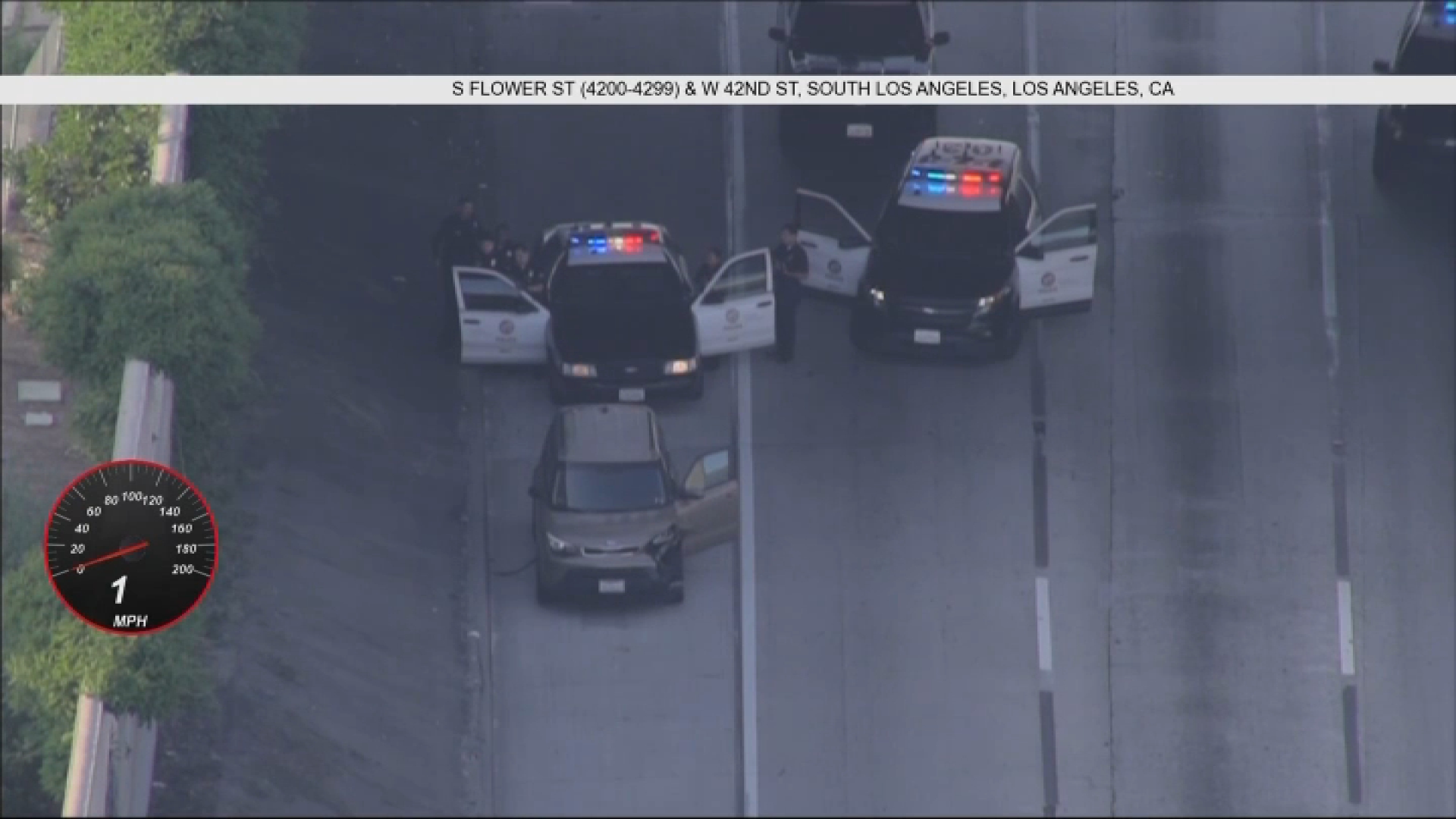The state Attorney General's Office states in new court papers that part of a lawsuit filed by a Long Beach man who alleges he was wrongfully denied a $5 million Scratchers should be dismissed because of "illegal gambling" committed by the plaintiff and his 16-year-old son, who purchased the ticket.
Deputy Attorney General James Waian maintains in court papers filed Monday in Los Angeles Superior Court that even if the ticket buy by plaintiff Ward Thomas' teenage son was found to be lawful, the part of the case against the state of California and the California State Lottery Commission should be tossed on immunity grounds and because the government cannot be held liable for the acts of the gas station clerk who sold the boy the ticket.
Ward Thomas' Los Angeles Superior Court lawsuit, filed July 20, alleges failure to discharge a mandatory duty, breach of contract, negligence and both intentional and negligent representation. He also is suing the Mobil station on Bellflower Boulevard in Long Beach where his son bought the ticket last Oct. 16.
Thomas says his son obtained five Scratchers tickets at the gas station by exchanging other winning tickets. One of the five was a winning ticket with a $5 million prize, the suit states.
Thomas validated the ticket at a 7-Eleven store in Long Beach that same day and then validated it again the next day at the lottery office in Santa Ana, the suit states.
However, on Dec. 5, the Lottery Commission told Thomas that his award was being denied because his son was a minor and therefore was 'not legally able to play the lottery,' the suit states.
No one at the gas station, which also is a defendant, told Thomas' son that he was too young to buy a lottery ticket, the suit states.
The suit further alleges the commission failed to enforce its own rules in the operation of the lottery and that the commission engaged in false advertising by not publicizing that lottery ticket buyers had to be at least 18 years old.
But according to Waian's court papers, any person under 18 who buys a ticket or share in a Lottery, or who tries to claim a prize with a ticket bought by someone 18, is guilty of a misdemeanor.
Thomas admits both violations of the law, according to Waian's court papers.
"In a perverse twist, plaintiff is seeking to profit from admittedly participating in illegal gambling by a minor and claiming a prize on an invalid ticket, activity that the California Lottery specifically protects against,'' Waian states in his court papers.
News
Top news of the day
Even if Thomas and his son were not aware of the age requirement, as the old axiom states, 'ignorance of the law is no excuse,'" according to Waian's court papers.
In addition, Thomas has not cited any exception to the general rule of governmental immunity and makes a "convoluted effort" to link the state and the commission to the actions of the Mobil clerk who sold the ticket to the boy.
"However, was a matter of law, (the commission) is not responsible for the actions of retail clerks at lottery retailers,'' according to Waian's court papers.
The complaint does not state how the commission knew Thomas' son bought the tickets and that the purchaser was under age 18. Waian could not be reached for comment.
A hearing on the Attorney General's dismissal motion is scheduled Nov. 7 before Judge Terry Green.



